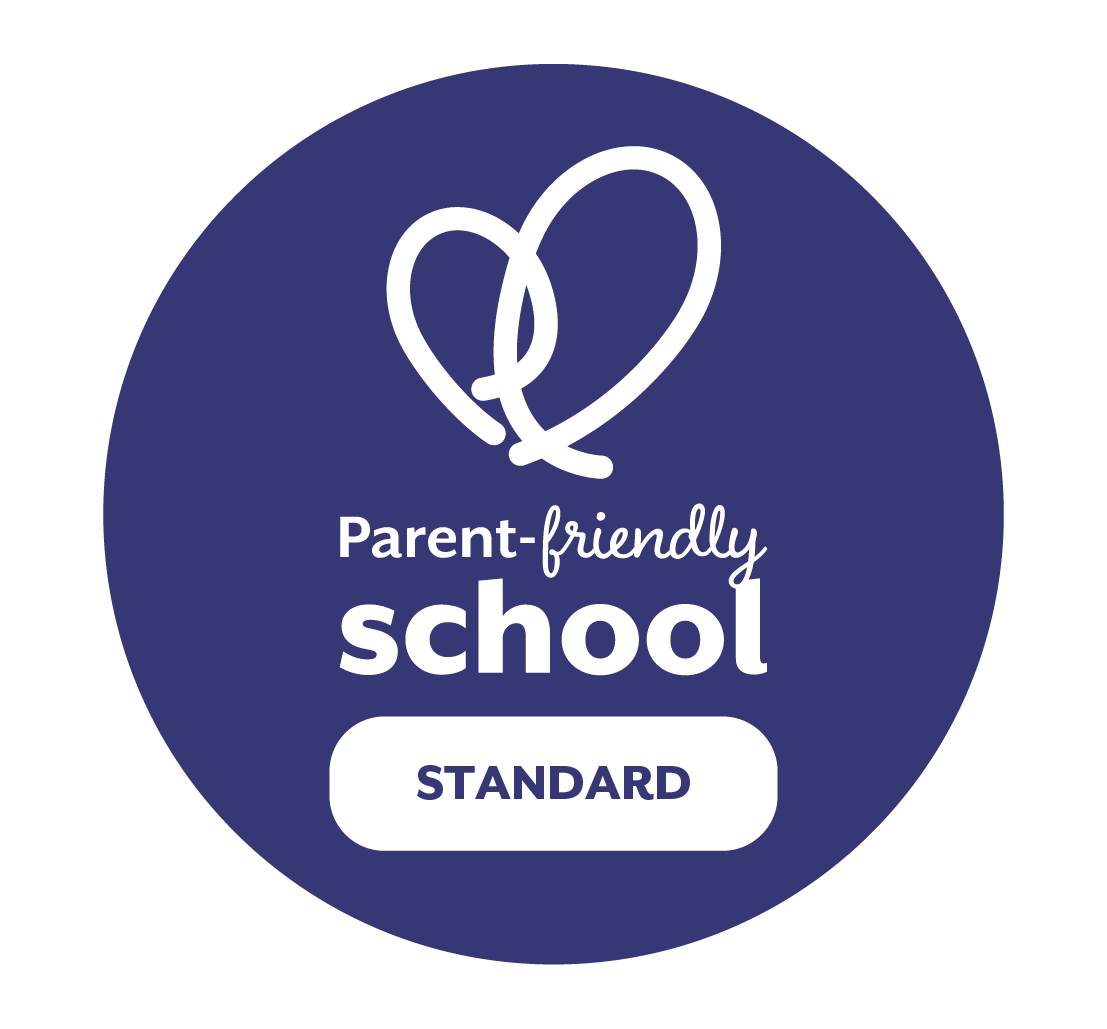English
Member of staff
Mrs E. Smith: Curriculum Leader of English
Miss R. Mahil: Teacher of English
Miss L. Bott: Teacher of English
Miss N. Mewasvala: Teacher of English
Miss E. Smith: Teacher of English
Ms L. Twaddle: Teacher of English
Miss K. Lloyd: Teacher of English/Music
Intent
At South Wigston High School, the English curriculum is designed to empower all learners with a deep appreciation of literature, confident communication skills, and a mastery of written and spoken language. Through our well-sequenced and inclusive curriculum, ALL students become critical thinkers, creative writers, and articulate speakers.
Our curriculum is underpinned by the school’s DNA of Ambition, Determination, and Respect:
Ambition: Learners are inspired to engage with diverse and challenging texts and ideas, developing sophisticated responses and original writing.
Determination: Learners build resilience through drafting, refining, and mastering their reading, writing, and spoken-language skills.
Respect: Learners explore world-wide perspectives, value multiple voices, and participate in thoughtful, inclusive discussions.
The curriculum is carefully designed to build the foundational knowledge and skills required for success in AQA GCSE English Language and Literature, with clear progression from Key Stage 3 to Key Stage 4. Thematic "golden threads"—Power and Conflict, Relationships, The Supernatural, The Gothic, and Social Inequality—run throughout, supporting conceptual development and cultural capital.
Implementation
English is taught through a sequenced and inclusive programme of study that develops students’ skills in four key learning foci (LFs):
- LF1: Reading – Understand and Analyse Texts
- LF2: Reading – Understand Language, Structure and Form
- LF3: Writing – Content, Structure, Accuracy
- LF4: Speaking and Listening
Key Stage 3
Year 7 begins with Myths, Legends and Fairytales, introducing students to the origins of storytelling and laying the foundation for narrative structures and character archetypes. This unit connects culturally diverse texts and oracy traditions, bridging KS2 literacy with secondary expectations. Alongside this, Reading Ready introduces reciprocal reading strategies. Students then develop non-fiction writing through Travel Writing. Which is followed by poetry and 19th-century fiction, enhancing cultural capital and analytical skills in preparation for later Gothic and Victorian studies.
Year 8 builds on previous knowledge with the study of the novel Refugee, examining identity, migration, and conflict through fiction, non-fiction, and poetry. An introduction to Shakespeare follows, focusing on the key themes of heroism and villainy. Students also explore: Rhetoric, Dystopian Fiction, and War Poetry, developing inference and comparative reading skills. Extended writing is embedded throughout as is a focus on oracy. Year 8 ends with study of Romeo and Juliet which lays the groundwork for more complex literary analysis.
Year 9 marks the transition into GCSE study with Animal Farm - deepening understanding of allegory, power dynamics, and writer’s intent. Students then engage with Blood Brothers, establishing analytical skills of a piece of drama and reinforcing themes of class struggle and conflict. The thematic ‘golden thread’ of Gothic Literature is also addressed within a Gothic Literature unit which explores genre and conventions. Interwoven are key writing tasks and literary non-fiction texts, providing breadth and securing the disciplinary literacy needed for GCSE.
Assessment is based on the KS3 English Grade Descriptors, using a four-tier model: Emerging, Advancing, Deepening, and Mastering, to track progress and provide supportive feedback. Students will also receive IPAS feedback on key pieces of work.
At Key Stage 4, learners follow the AQA GCSE English Language and Literature specifications. Learners will study these core texts: Macbeth, A Christmas Carol, An Inspector Calls and the Power and Conflict Poetry Anthology. Students will refine reading and writing skills through the interleaved study of Language Paper 1 (creative reading/writing) and Paper 2 (non-fiction reading/writing). They will complete extended writing tasks, unseen poetry analysis, and speaking and listening activities.
Year 11 consolidates knowledge through targeted revision of Literature and Language Papers 1 and 2. Assessments mirror final exam formats to close gaps and sharpen exam technique. The curriculum is flexible to respond to cohort needs post-mock analysis, with tailored re-teach and IPAS strategies embedded.
Impact
By the end of Key Stage 3, learners will have:
- Developed secure reading habits, vocabulary knowledge, and analytical skills across a range of genres.
- Gained confidence in producing coherent, well-structured, and grammatically accurate writing.
- Participated in a range of speaking and listening activities, developing their ability to communicate clearly and respectfully.
- Demonstrate increasing independence in interpreting texts, crafting writing, and articulating viewpoints.
- Retain core knowledge through regular retrieval and revision.
- Built the disciplinary knowledge and resilience required for the demands of GCSE English.
- Students will be well-prepared for the requirements of GCSE.
By the end of Key Stage 4, learners will:
- Achieve strong outcomes in both English Language and Literature.
- Be equipped for post-16 study and life beyond school, with the literacy skills essential for active citizenship and future success.
Our English curriculum ensures that students leave South Wigston High School with the ambition to engage critically, the determination to refine their voice, and the respect to understand and reflect upon diverse perspectives.
Key Stage 3 Progress Statements
ks3 english progress statements .pdf
Your English Learning Journey through South Wigston








 ↑
↑

